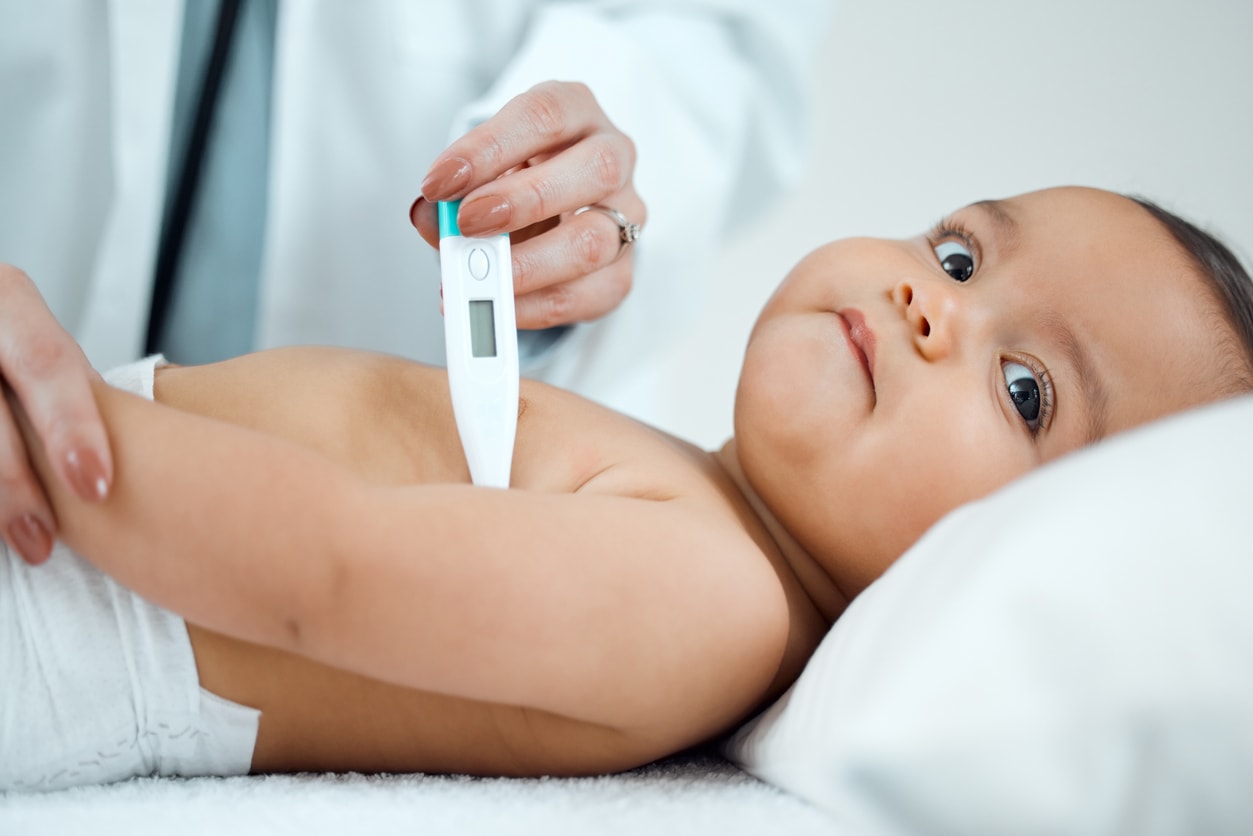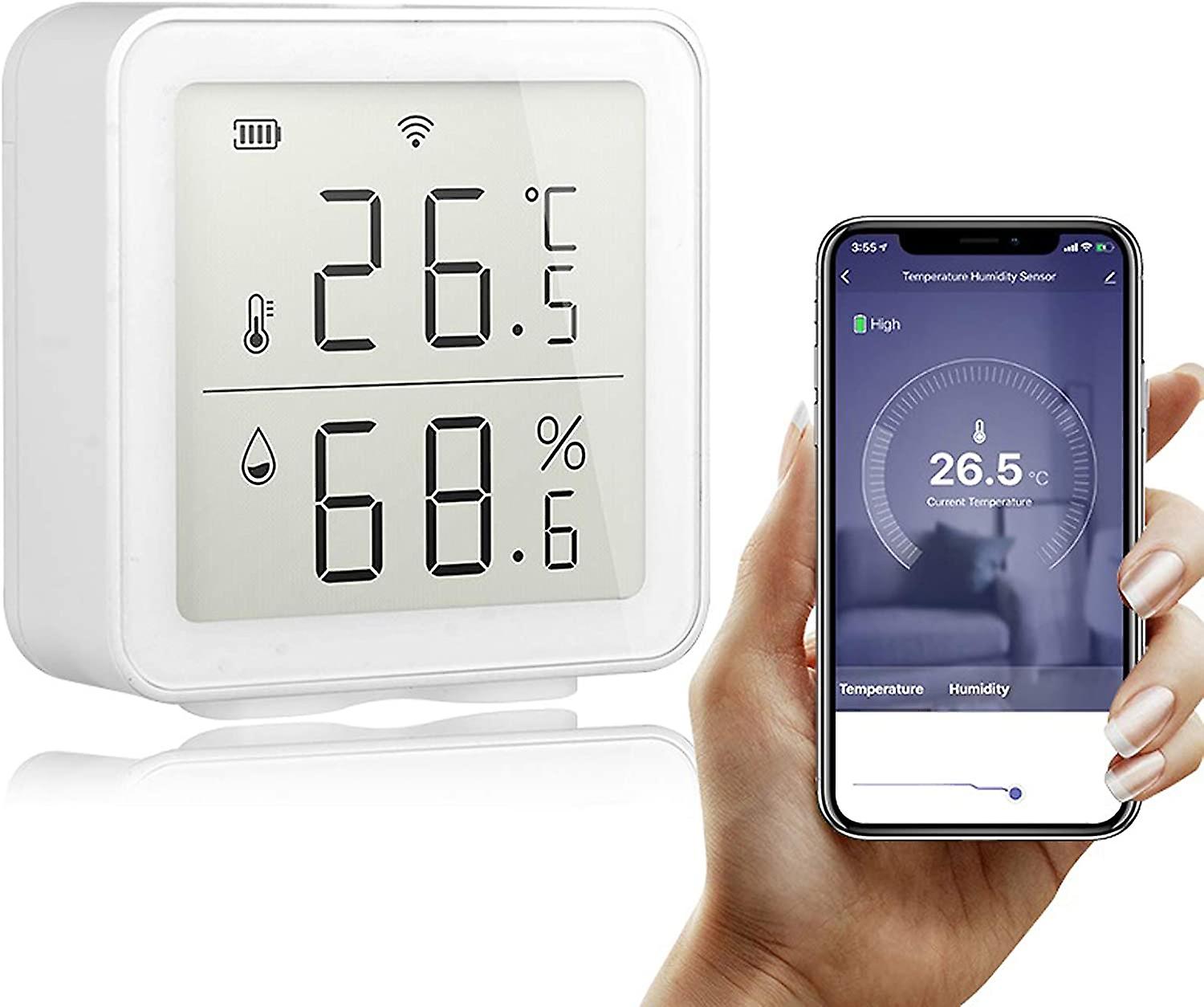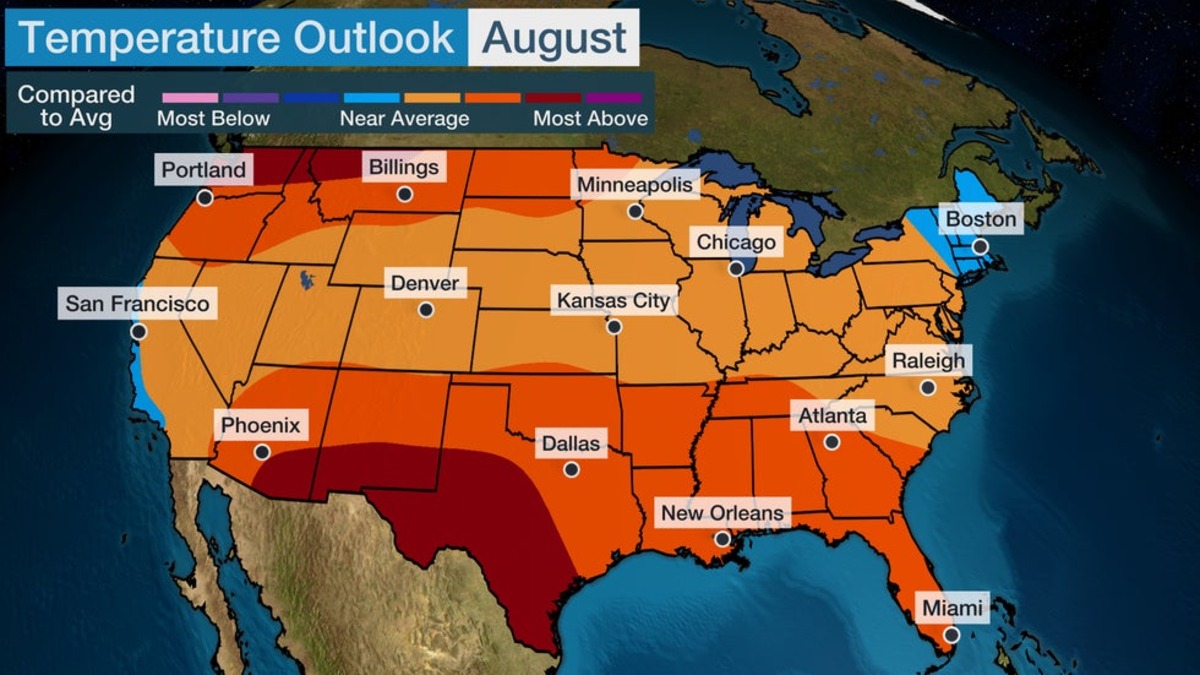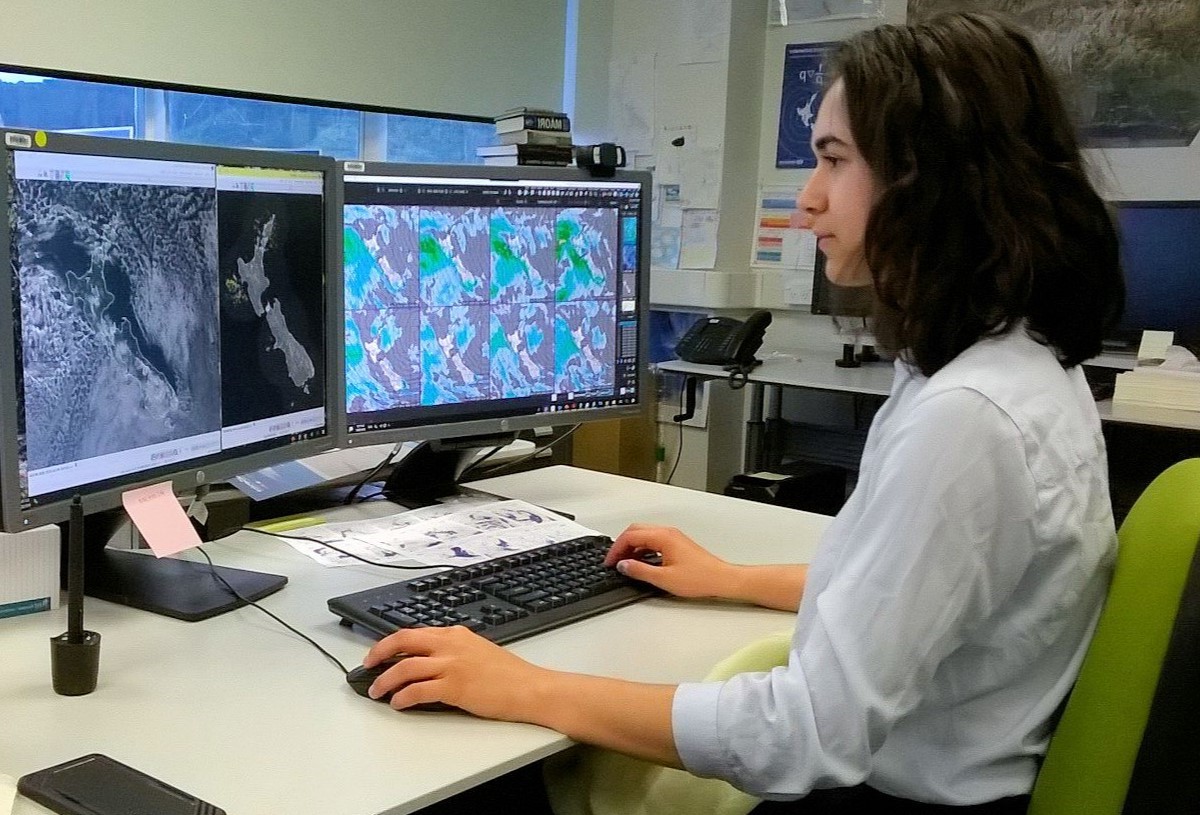Home>Health & Nutrition>How To Handle A Baby With A Low Temperature
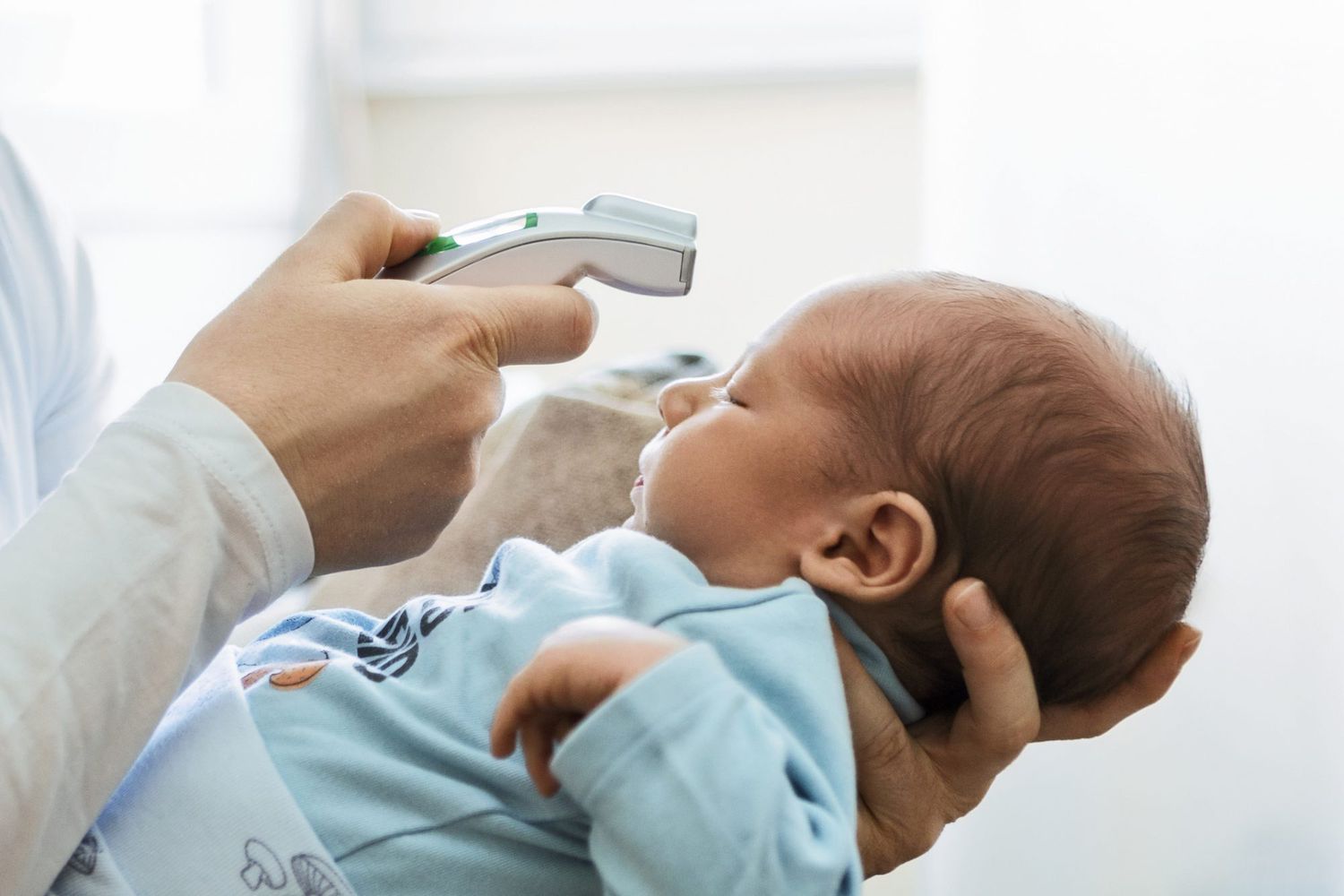

Health & Nutrition
How To Handle A Baby With A Low Temperature
Published: February 19, 2024
Learn how to care for a baby with a low temperature. Discover essential health and nutrition tips to ensure your baby's well-being.
(Many of the links in this article redirect to a specific reviewed product. Your purchase of these products through affiliate links helps to generate commission for Temperatures.com, at no extra cost. Learn more)
Table of Contents
Recognizing the Signs of a Low Temperature in a Baby
Recognizing the signs of a low temperature in a baby is crucial for ensuring their well-being. Babies are more susceptible to temperature fluctuations, and it's important for parents and caregivers to be vigilant in monitoring their little one's body temperature. Here are some key signs to watch out for:
-
Cool or Cold Skin: One of the most noticeable signs of a low body temperature in a baby is cool or cold skin. When you touch your baby's hands, feet, or tummy, they may feel unusually cool to the touch.
-
Shivering: If your baby is shivering or trembling, it could be a sign that their body is trying to generate heat to combat a low temperature. This is a natural response to cold and should be taken seriously.
-
Lethargy: A baby with a low body temperature may appear unusually lethargic or sluggish. They may seem less active than usual and may have difficulty staying awake or alert.
-
Pale or Mottled Skin: Another indicator of a low temperature in a baby is pale or mottled skin. If your baby's skin appears paler than usual or has a mottled, blotchy appearance, it could be a sign of decreased blood flow due to a low body temperature.
-
Poor Feeding: Babies with low body temperatures may have difficulty feeding. They may show disinterest in feeding, have trouble latching, or may feed for shorter durations than usual.
-
Weak Cry: A weak or feeble cry can also be a sign of a low body temperature in a baby. If your baby's cry sounds weaker than usual or lacks its typical vigor, it may indicate that they are feeling unwell due to a low temperature.
-
Sluggish Reflexes: A baby's reflexes may appear slower or less responsive when they have a low body temperature. This can manifest as decreased response to stimuli such as touch or sound.
It's important to note that these signs may vary from baby to baby, and some infants may exhibit additional or different symptoms. If you observe any of these signs or suspect that your baby may have a low temperature, it's essential to take prompt action to ensure their comfort and well-being.
Steps to Take When Your Baby Has a Low Temperature
When you discover that your baby has a low temperature, it's natural to feel concerned, but there are specific steps you can take to address the situation and ensure your baby's comfort and well-being.
-
Keep Your Baby Warm: The first and most immediate step is to gently warm your baby. You can do this by wrapping them in a soft blanket or dressing them in an extra layer of clothing. It's important to avoid overheating, so use lightweight, breathable fabrics and monitor your baby's comfort closely.
-
Skin-to-Skin Contact: Holding your baby close to your skin can help transfer your body heat to them, providing warmth and comfort. This skin-to-skin contact also promotes bonding and can have a calming effect on both you and your baby.
-
Use Warm, Not Hot, Water: If your baby's temperature is low, you can give them a warm bath to help raise their body temperature. Ensure that the water is comfortably warm, not hot, and limit the bath time to avoid overexposure to moisture, which can lead to further cooling.
-
Offer Nourishment: Providing your baby with a warm feeding can help elevate their body temperature. Whether you breastfeed or bottle-feed, offering a feeding session can provide warmth and nourishment, helping your baby regain their energy.
-
Monitor Room Temperature: Ensure that the room your baby is in is comfortably warm. Use a room thermometer to maintain a suitable temperature, typically between 68°F and 72°F (20°C to 22°C). Avoid direct drafts or exposure to cold air.
-
Seek Medical Advice: If your baby's low temperature persists or if you are uncertain about the best course of action, it's crucial to seek medical advice promptly. Contact your pediatrician or healthcare provider to discuss your baby's condition and receive professional guidance.
Taking these steps can help address a low temperature in your baby and provide them with the warmth and care they need. It's important to remain attentive to your baby's cues and respond promptly to ensure their comfort and well-being.
When to Seek Medical Attention for a Baby with a Low Temperature
Seeking medical attention for a baby with a low temperature is essential to ensure their health and well-being. While many instances of low body temperature in babies can be effectively managed at home, there are specific circumstances that warrant prompt medical evaluation and intervention.
If your baby's low temperature persists despite your efforts to warm them, or if they exhibit concerning symptoms in addition to a low temperature, it is crucial to seek medical attention. Additionally, if your baby is younger than three months old and has a low temperature, it is recommended to consult a healthcare professional promptly, as infants in this age group are more vulnerable to temperature-related complications.
Furthermore, if your baby's low temperature is accompanied by any of the following symptoms, immediate medical assessment is warranted:
-
Persistent Lethargy: If your baby remains unusually lethargic or unresponsive, it may indicate an underlying health issue that requires medical attention.
-
Difficulty Breathing: Labored or rapid breathing, chest retractions, or any signs of respiratory distress should prompt immediate medical evaluation.
-
Change in Skin Color: If your baby's skin appears bluish or grayish, it could signify a lack of oxygen in the blood, necessitating urgent medical assessment.
-
Feeding Difficulties: If your baby is unable to feed or shows signs of dehydration, such as decreased urine output or dry mouth, medical attention is crucial to address their nutritional and hydration needs.
-
Persistent Weak Cry or Irritability: Unusual changes in your baby's cry, especially if it is weak or feeble, or persistent irritability despite attempts to soothe them, should prompt medical evaluation.
-
Temperature Fluctuations: If your baby's temperature fluctuates significantly, alternating between low and high readings, it may indicate an underlying infection or other medical condition that requires professional assessment.
-
Underlying Health Conditions: If your baby has preexisting health conditions or was born prematurely, their vulnerability to temperature-related complications may necessitate proactive medical evaluation.
In these situations, it is important not to delay seeking medical attention. Contact your pediatrician, visit an urgent care facility, or seek emergency medical services if necessary. Prompt medical assessment can help identify any underlying health concerns, provide appropriate treatment, and ensure the well-being of your baby.
Remember, as a parent or caregiver, your instincts and observations are valuable. If you have any concerns about your baby's well-being, it is always best to seek professional medical advice to address any potential issues and ensure the optimal care for your little one.






